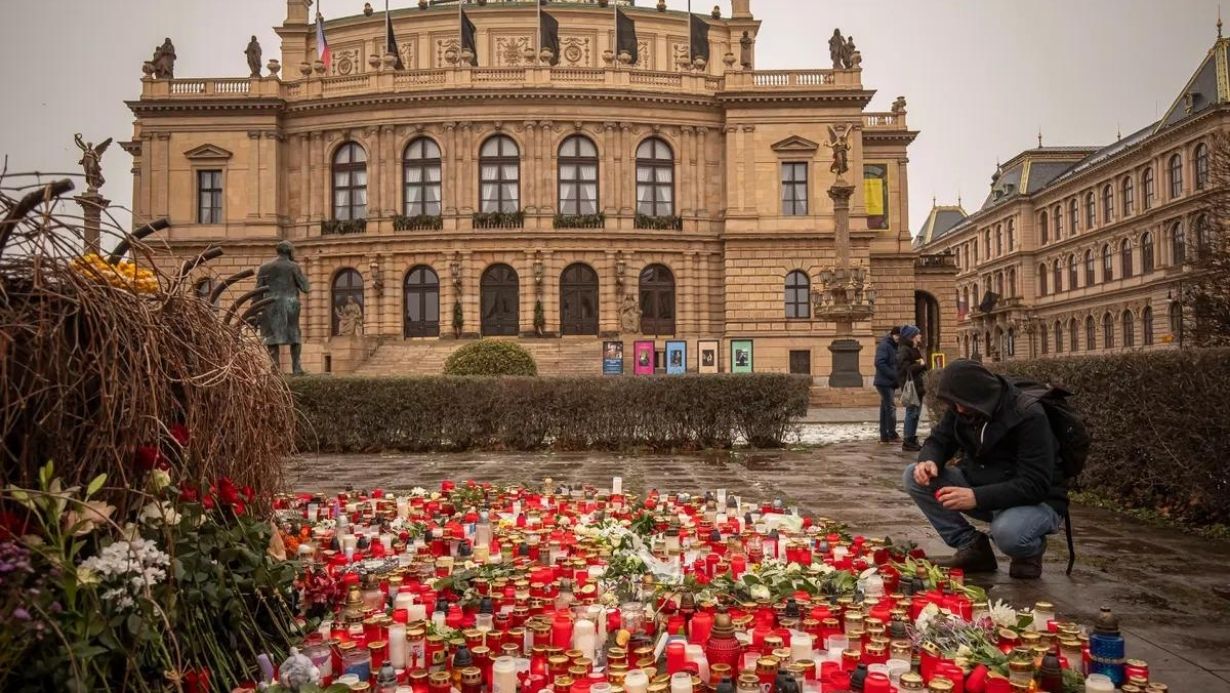Czechia Considers Stringent Firearm Laws Post University Shooting
Prague Morning

Czech lawmakers will meet with Interior Ministry officials and experts on Wednesday to discuss a possible tightening of gun laws in the wake of the tragic shooting at Charles University on 21 December, in which a student killed 14 people before turning the gun on himself.
Until now, Czechia has been one of the countries that has been proud of its gun legislation, citing it as exemplary. This was evident during the negotiation of the 2017 EU Firearms Directive, which tightened up the possession of weapons in the EU.
Czechia was actively against the new law, and after its approval, the country even filed an unsuccessful lawsuit.
Recently, the Czech government proposed a new national arms legislation in response to the EU directive in 2022. The proposal was already in the final stages of discussion.
However, in response to the events of December, it is now being considered for reopening and making further amendments to make it stricter, as the school shooter was in legal possession of eight guns.
The new law proposal should shorten from ten to five years the time limit for periodic medical examinations of gun owners. It also gives more powers to the Czech police, namely, to seize weapons from their holders if a safety risk is identified or to order a health check.
“When it has a reasonable suspicion that there has been a change in the state of health, Czech police will send the holder of a gun licence for a medical examination,” Czech Interior Minister Vít Rakušan (STAN) informed.
Moreover, gun sellers would be required to report suspicious transactions to the police.
Among the most debated new changes in the reaction to the school shooting is the introduction of mandatory psychological tests for applicants for firearms licences, which is not included in the laws that are in force now.
Currently, only an opinion from the general practitioner is required. However, the GP may also order an opinion from a psychologist.
As Deník N reported, the Czech Psychiatric Society Committee does not want to introduce universal psychological testing, as a single examination may not reveal a possible mental disorder, and the applicant for a firearms licence may even try to conceal his or her potential problems.
According to the psychiatric society’s committee, prevention is more important, such as checking that applicants or holders of firearms licences are not people who repeatedly commit offences, disturb the peace, act impulsively or get into heated disputes in everyday social situations.
As of last November, a total of 316,564 people in the country had a firearms licence, an increase of about 2,500 people year-on-year, according to the Czech Interior Ministry. The number of registered weapons exceeded one million.
-
NEWSLETTER
Subscribe for our daily news









